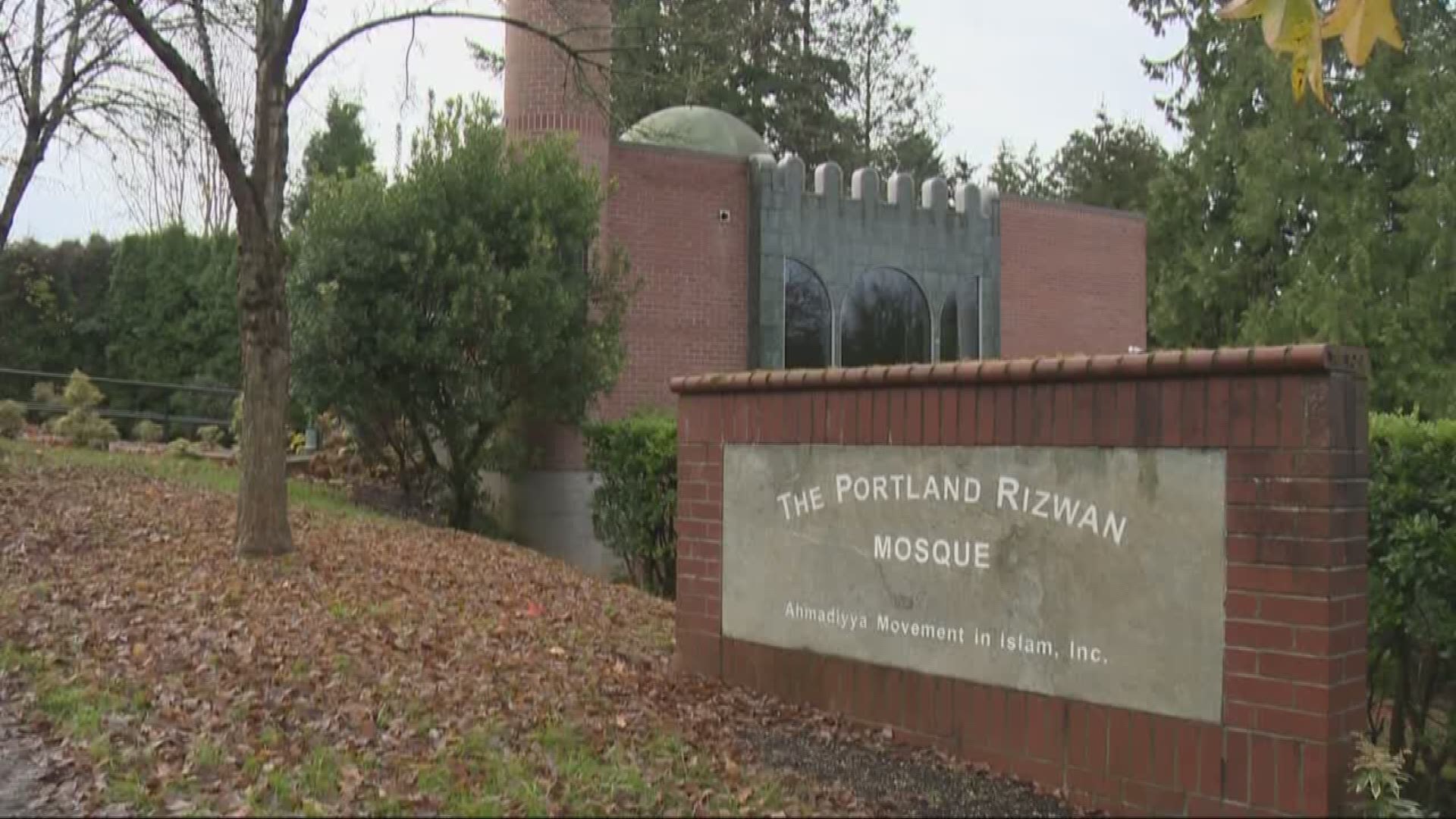PORTLAND, Ore. — Ramadan is an Islamic religious holiday that begins Thursday night at sundown. Many Muslims will start observing it this weekend. Ramadan lasts 30 days and believers fast from sunrise to sunset.
The practice is meant to strengthen the person's bond with God, work on self-improvement, and it also promotes community. Those of the Muslim faith traditionally often break their fast together at sundown.
But for Muslims all over the world, Ramadan will be a lot different this year because of COVID-19.
“Because we're all taking the appropriate precautionary measures to comply with the CDC guidelines, it means that at all of our locations around the country, we've stopped gathering at mosques for our services,” said Harris Zafar. He’s the national spokesperson for the Ahmadiyya Muslim Community, an international Islamic organization with a Portland chapter that gathers at the Rizwan mosque in southwest Portland.
He said during Ramadan, mosques host five prayers daily and people often gather weekly to break their fasts to eat dinner together.
“Everyone looks forward to the social gathering,” said Zafar.
“So there definitely is an overarching sadness within this community,” he said.
This year people who would normally worship at a mosque, will instead observe Ramadan at home.
“We will be having nightly Zoom sessions, where we can at least gather have a reading from the Quran and enhance as a community because the community aspect is very important,” said Zafar.
In Beaverton at the Muslim Educational Trust, things will be different as well. Wajdi Said, the President and Cofounder, said they are trying to keep with tradition while also following health guidelines.
“We maintain our five daily prayers in a smaller group, in less than 10 people, to keep our tradition of community even though we pray 10 feet apart,” said Said.
He said there will be a lot of sanitizing.
In the time leading up to Ramadan, Said said volunteers have been putting together food boxes for families in need, with enough food to last 30 days.
“We served almost 825 families in food boxes and support,” Said said.
Some of those boxes went to Muslim families, food that will help break their daily fasts. But other recipients include families of all different faiths.
“Let's forgive one another, and let's be considerate for each other,” said Said. “May God bless us all.”
Zafar said the Ahmadiyya Muslim Community also plans to have an Interfaith Virtual Iftar. Iftars are the meals Muslims eat to break their fast.
That is scheduled to take place on May 9. Visit the Ahmadiyya Muslim Community website for more information on that virtual community gathering.

